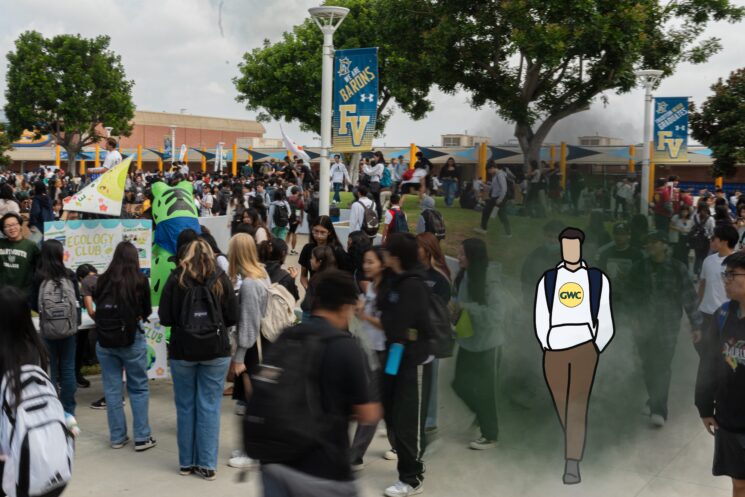After a month of deliberation, I made the decision to move forward. I submitted the application after completing it and writing my personal essay, hoping for the best. I experienced mixed emotions as I anticipated being approved and permitted to embark on this expedition. When I got the email of admission, I knew it was actually happening, even though I wasn’t exactly sure what I was getting myself into.
The Harvard Secondary School Summer Program is a challenging and rewarding, residential educational opportunity for high school students looking to broaden their horizons intellectually. This program offers students a singular opportunity to engage in a diverse range of topics and activities while immersing themselves in the vibrant and intellectually stimulating environment of the Harvard campus.
Hosted by one of the most prestigious and esteemed institutions in the world, Harvard University, the program offers students a venue to pursue their hobbies, polish their academic skills, and foster a greater understanding of the world around them, regardless of whether their interests are in the sciences, humanities, arts, or several other disciplines. The program did all of this for me and more.
As a West Coast kid living alone on the East Coast for the first time, I experienced an overpowering and exciting sense of independence while being 3,000 miles away from home and surrounded by peers who shared my views. The options felt limitless since no one was there to direct me. At first, I struggled to balance my newfound freedom as a student on my own for the first time in my life. Going out and having fun with friends looked more appealing than putting in the time for homework and independent study.
Boston, a dynamic city with a wealth of activities and sights to discover, called to me daily. My friends and I wandered through Harvard Square’s old streets on sunny days to take in the vibrant historic and academic ambiance. We were drawn out of the limitations of the classroom by the attractiveness of quaint bookstores, lively street performers, and cozy cafes.
With the exciting conversations and laughter going on, it was easy to become distracted. However, after the initial excitement subsided, a nagging sense of obligation crept in. I understood that I had chosen the program in order to push myself academically and make full use of the learning opportunities offered.
My original embracing of freedom now posed a big barrier to my progress. The standard high school day consists of six periods, which is around one hour with a 30 to 1 student-to-teacher ratio, while at Harvard the classes were 3 hours long twice a week, with a 150 to 1 student-to-teacher ratio. In short, at Harvard, I had to be a lot more self-driven since I was one of many students vying for the help of professors.
I had to decide consciously to put my studies first. I eventually achieved a harmonious balance between my social interests and academic obligations. I created a regimen that matched socializing with serious academic work rather than giving in to the lure of instant gratification of exploring the city with new friends.
I set aside a specified amount of time each day to study for the two courses I had signed up for, Intro to Macroeconomics and Superheroes and Powers, which allowed me to remain on top of my assignments and meet all of my deadlines.
I also learned the importance of independent study. It was up to me to look for extra materials, do research, and go deeper into the topics that interested me since there wasn’t the usual classroom format. I was able to research the subjects that interested me the most and broaden my knowledge outside of the program’s curriculum thanks to this self-directed approach.
The ability to manage freedom transcends the summer program experience. It made me realize how crucial balance and restraint are in every part of life, from becoming efficient at managing my school work and understanding when to say no when invited to go hang out with friends.
Through the Harvard Secondary Summer School Program, I grew both as a student and an individual, learning valuable lessons in self-management and the importance of striking a balance between the freedom to enjoy the experience and the obligation to work towards my own growth and development.








